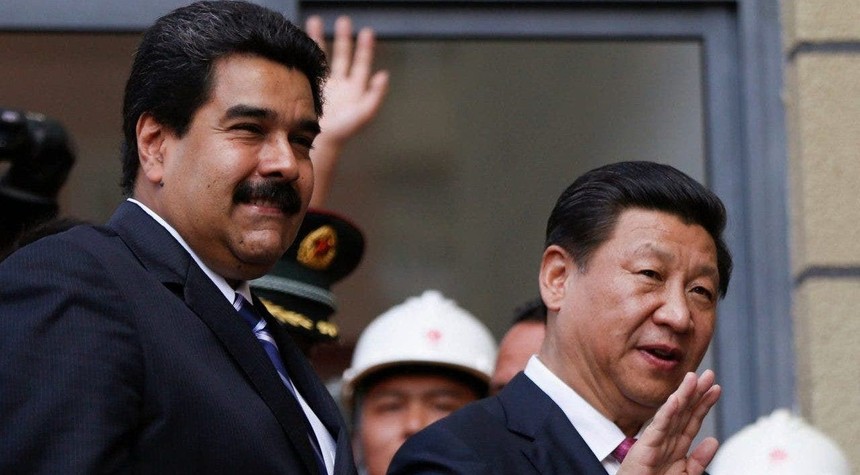The convergence of American naval power and Chinese economic expansion in Venezuela represents one of the most significant geopolitical confrontations in the Western Hemisphere since the end of the Cold War.
The USS Gerald R. Ford, America’s most advanced aircraft carrier, entered the Southern Command region last month with more than 4,000 sailors and dozens of tactical aircraft. Pentagon officials stated the deployment would “bolster US capacity to detect, monitor, and disrupt illicit actors and activities” connected to narcotrafficking routes controlled by Venezuela’s military leadership. The mission aims specifically to “degrade and dismantle transnational criminal organizations.”
This deployment follows President Donald Trump’s declaration of “zero tolerance” for narco-states operating in proximity to American borders. Defense officials have made clear that Venezuelan military officers maintain direct involvement in drug trafficking operations that funnel narcotics toward the United States.
Venezuelan military forces have reportedly begun training for guerrilla-style defensive operations, reflecting what sources describe as “rising anxiety inside Caracas” about potential American military action. President Trump has publicly denied considering strikes within Venezuela, though the presence of carrier-based strike aircraft in the region speaks to American military readiness.
Into this tense standoff, Beijing has inserted itself with remarkable boldness. At the Shanghai Expo 2025, Venezuelan Deputy Minister for Foreign Trade Coromoto Godoy announced a “zero-tariff” trade agreement with China covering approximately 400 tariff categories. The accord eliminates duties on goods flowing between the two nations, effectively opening Venezuela’s sanctioned economy to Chinese manufacturers while Beijing gains preferential access to Venezuelan petroleum.
Gordon Chang, an expert on China’s global trade strategy, assessed the implications with stark clarity. “This really looks like China is going to completely take over the Venezuelan economy,” he stated. “It’s going to decimate Venezuela’s local industry.”
The economic reality supports this assessment. Venezuela exports primarily petroleum to China while importing manufactured goods across numerous categories. Venezuelan manufacturing, already devastated by years of socialist mismanagement under Nicolás Maduro, faces elimination rather than revival under this arrangement.
The timing of Beijing’s move deserves particular attention. China has chosen to deepen its commitment to Venezuela precisely as American military assets position themselves in the Caribbean. This represents either calculated defiance of American hemispheric interests or confidence that Washington will not risk confrontation over a failing petrostate.
For Venezuela, the Chinese embrace offers economic lifeline but threatens complete dependency. For decades, American policymakers have worked to isolate the Maduro regime through sanctions designed to pressure democratic reforms and halt human rights abuses. Beijing’s zero-tariff agreement undermines this strategy entirely.
The broader implications extend beyond Venezuela. China’s willingness to absorb a sanctioned economy demonstrates Beijing’s long-term strategy of building influence in America’s traditional sphere. Every Chinese economic foothold in Latin America represents potential military access in future conflicts.
Manhattan Institute fellow Daniel Di Martino, himself a Venezuelan facing loss of citizenship for opposing the regime, has highlighted Maduro’s ongoing campaign against opposition activists. The Chinese economic partnership provides Maduro resources to continue internal repression while building external dependencies that complicate American response options.
The situation developing in Venezuelan waters and markets will test whether American resolve matches American rhetoric. President Trump has drawn clear lines regarding narco-states. Beijing has chosen to cross them. What follows will shape hemispheric power dynamics for years to come.
That is the situation as it stands tonight.
Related: Moscow Signals Willingness to Continue Diplomatic Talks as Ukraine War Drags On

